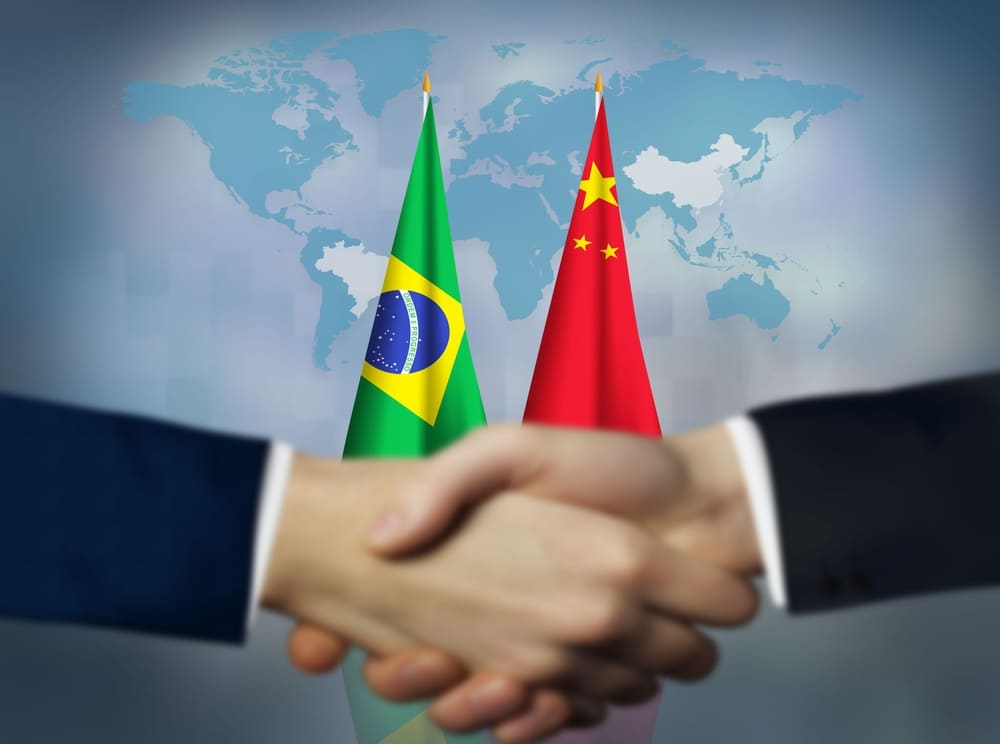
How Brazilian companies can attract Chinese capital and structure transactions in a secure way, aligned with a long-term vision
In a global scenario of geopolitical realignments and reconfiguration of supply chains, the relationship between Brazil and China takes on a new role.
With the rise of protectionist policies in traditional economies, such as the United States, Brazil is solidifying its position as a strategic partner for Chinese investors interested in long-term assets, particularly in sectors such as energy, infrastructure, and agribusiness.
China seeks to expand its influence through investments in countries with the potential to meet logistical, energy, and food supply demands, and Brazil occupies a central position on this map.
But how can Brazilian companies leverage this growing interest? And what is required to structure M&A transactions with security and feasibility?
The Brazilian market has seen growth in M&A transactions across several sectors that are also on the Chinese radar.
These sectors are directly aligned with the Belt and Road Initiative (BRI), China's long-term plan for economic and geopolitical expansion. Although Brazil is not formally part of the initiative, it is already actively participating through direct Chinese investments in key infrastructure projects.
China operates with a distinct logic from the Western approach. A long-term strategic vision, based on decades rather than quarters, directly influences investment models.
Additionally, many investors are linked to conglomerates with state or state-affiliated involvement, which requires a cautious and multilateral-sensitive approach to negotiations.
Examples such as SPIC Brasil (energy) and projects like the Bioceanic Railway (which connects the Pacific Ocean to the Atlantic via the Port of Aratu in Bahia) illustrate how Chinese presence is tied to critical infrastructure and export logistics.
For Brazilian entrepreneurs, understanding this logic, and aligning their assets with China's geoeconomic interests, can be the differentiator between being selected or not as an investment partner.
Cross-border operations with Chinese players require a high level of preparation. The regulatory, tax, and cultural context must be addressed with attention from the very early stages.
Negotiations with Chinese investors also tend to be more gradual and relationship-driven. It is common for the process to be extended in order to build trust, especially in strategic sectors or large-scale assets.
To attract Chinese capital, it's not enough to be available — you must be relevant. This means presenting projects that align with China's key areas of interest: energy security, food security, digital infrastructure, and logistics.
Brazilian companies that position themselves clearly, demonstrating professionalism, strategic planning, and regulatory readiness, have the competitive edge. Moreover, being open to cultural adaptation and building long-lasting relationships is key to establishing long-term alliances.
Looking to attract international investors or execute an M&A deal with Asian players?
Upside Investment has expertise in cross-border transactions and provides comprehensive support in strategic, financial, and legal structuring to ensure security, clarity, and solid results.
Get in touch with our team. We are ready to support your next move.
 por Agência de Marketing Digital
por Agência de Marketing Digital
 Upside Investment © 2026
Upside Investment © 2026